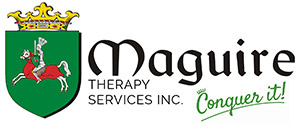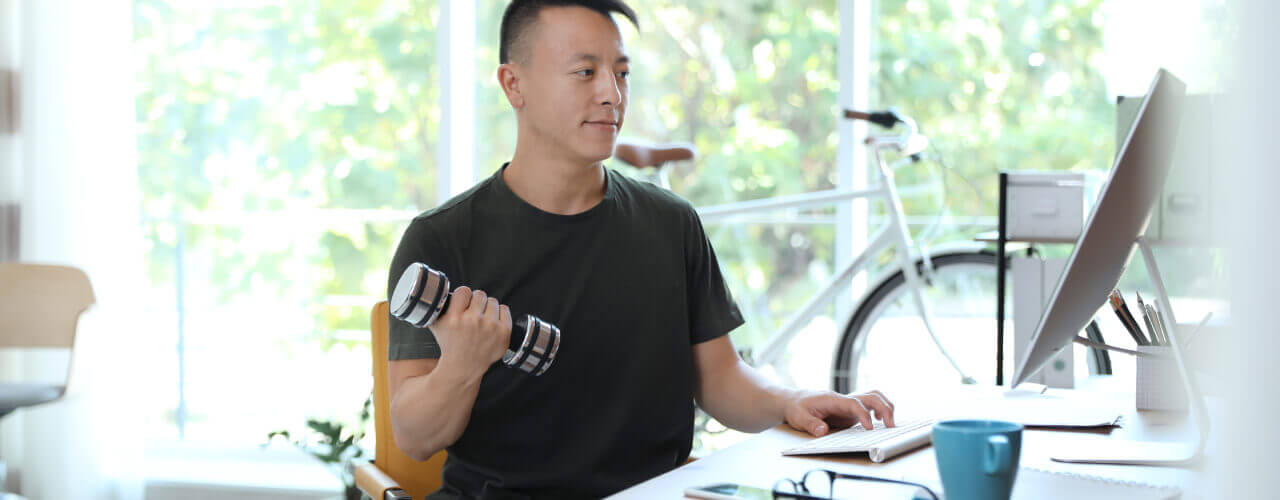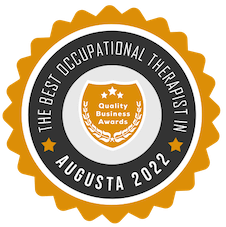Certain Jobs Can Make it Difficult to Stay Active – We Can Help
One of the many benefits of physical therapy is that it helps to show you how physical activity can be used as medicine! Our licensed and dedicated team of physical therapists all strongly believe that the human body was meant to move, and when it doesn’t, things begin to break down.
Unfortunately, the modern environment is not great for the promotion of regular physical activity. For most of the workday, many of us sit in chairs and rely on computers and the internet to do the bulk of our occupational duties.
The unfortunate truth is that sitting for too long has been linked to a wide range of health problems, including vascular damage to the legs, heart disease, and early mortality.
A 2018 research paper published in the American Journal of Nursing also found that sitting for too long (e.g., seven to eight hours per day) can have detrimental effects on your health even if you exercise regularly!
Do you want to stay more active during your day’s work? Try these five tips to help get you moving!
1. Track your exercise with a tool.
We know from research studies that wearing a pedometer encourages people to walk more throughout the day—by as much as a mile in some cases!
Consider discreetly adding one to your work attire to inspire you to move more while you’re on the clock. Don’t feel like wearing a pricey gadget? You can buy inexpensive ones online or in retail stores.
2. Set reminders for yourself to get up and move.
It’s so easy to get caught up in your work. But sitting for more than an hour at a time can be hard on your body and can exacerbate or increase the risk of health problems like neck pain, back pain, and degenerative disc disease.
So, set a timer to go off at least once per hour. Use this time to take a brief movement break—a few stretches or exercises in your office or a stroll down the hall. A physical therapist can offer individualized guidance for improving your posture, optimizing your ergonomic set-up, and establishing a home exercise program—or work exercise program, for that matter!
Our physical therapy staff is also trained in work hardening programs. We can help you heal from and prevent work-related injuries like carpal tunnel syndrome and sciatica.
3. Make sure to hydrate.
Drinking water keeps your tissues well-perfused, your joints well-lubricated, and your bladder, well, full! You’ll be naturally prompted to get up and walk more since you’ll need more bathroom breaks. So, keep a glass or steel water bottle at your desk and drink up!
4. Do meetings on the move.
Should we be choosing convenience over our health? Maybe not so often! Instead of shooting an email or text to your colleague, get up and walk to their office to deliver the message directly. Likewise, talk to your peers about taking more phone calls and meetings “in transit” (e.g., while going for a walk around the building).
Of course, privacy matters, so you shouldn’t be discussing sensitive issues in places where people may overhear it. But even if you just try to take a few laps around the building during your lunchtime, you’ll definitely be getting yourself out of your seat more often.
5. Change your desk ergonomics.
If your workspace (and perhaps your office manager or human resources department) allows it, consider arranging your desk into an adjustable sit to stand workstation.
The ability to stand more at work has been shown to boost productivity and psychological health in research studies, including the 2018 randomized controlled trial published in BMJ.
Looking for more tips? Contact us today
We are here to help you stay active and healthy in your daily life. If you are looking for more ways to increase your physical activity, don’t hesitate to contact us! We’ll provide you with the tips and tools you need for your specific needs.
Sources:
- http://www.apta.org/PTinMotion/News/2014/9/10/SittingAndWalking/
- https://www.eurekalert.org/pub_releases/2018-08/wkh-tms083118.php
- https://www.bmj.com/content/363/bmj.k3870
- http://www.nbcnews.com/id/21901412/ns/health-fitness/t/people-walk-mile-more-if-wearing-pedometer/#.XfrVvi2ZMUE
Tags: physical therapy, nutrition, aches and pains, natural pain relief, natural treatment, physical activity, rehabilitation, physical therapists, chronic pain, opioids, physical health, Joint pain


